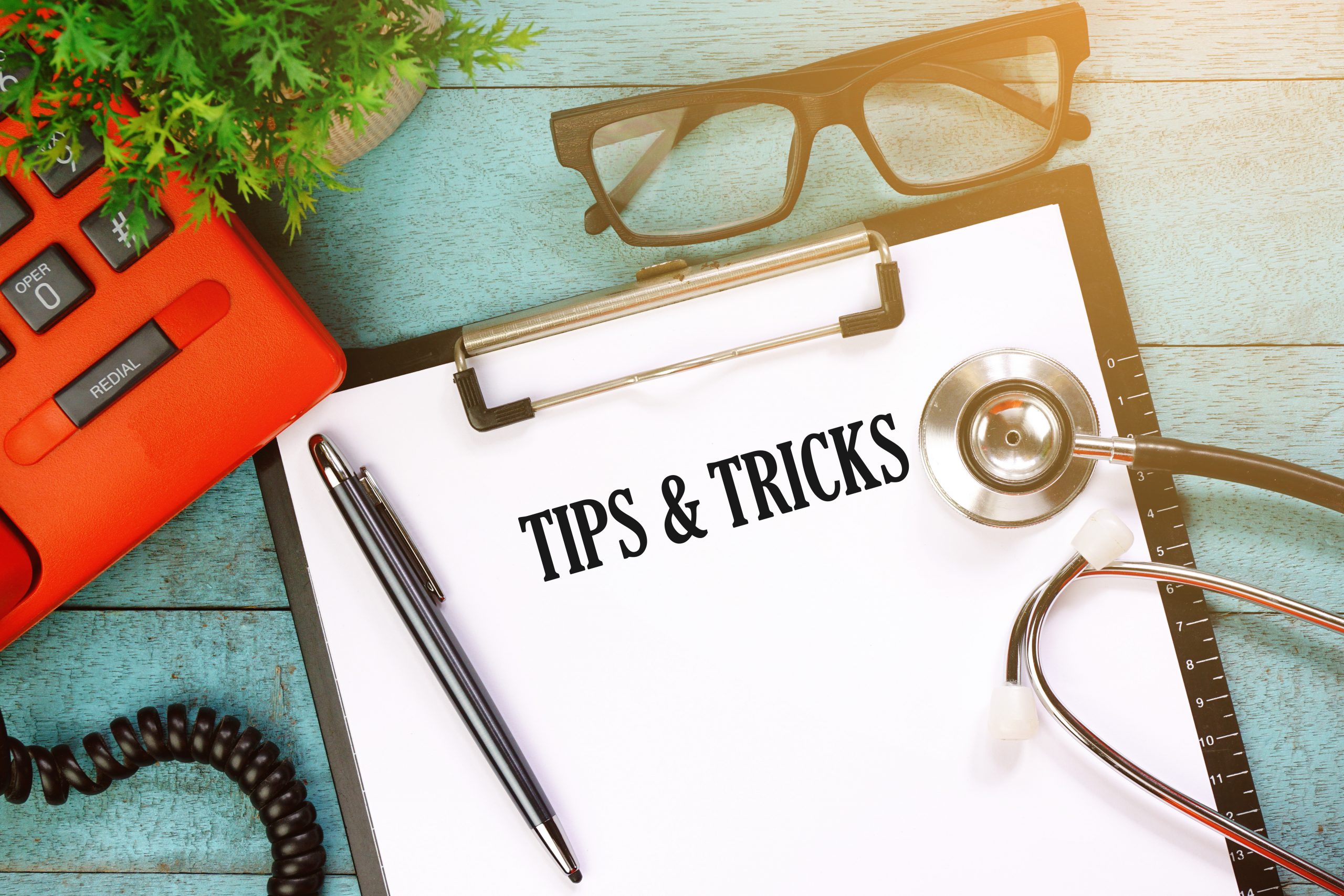Blood pressure is an important measure of heart health that is often overlooked until it becomes a problem. However, by understanding your blood pressure and taking steps to manage it, you can reduce your risk of heart disease, stroke, and other serious health conditions.
In this article, we will cover some tips and tricks that are not commonly known for managing blood pressure.
Hydrate Properly
Drinking plenty of water is essential for overall health, but it can also help regulate blood pressure. When you’re dehydrated, your blood vessels narrow, which can increase blood pressure. To avoid this, try to drink at least eight glasses of water a day.
Eat More Potassium-Rich Foods
Potassium is an essential nutrient that helps regulate blood pressure. Foods that are high in potassium include bananas, sweet potatoes, spinach, avocados, and tomatoes. Adding these foods to your diet can help reduce your blood pressure naturally.
Try Nitrate-Rich Foods
Nitrate-rich foods like beets, leafy greens, and other vegetables have been shown to help lower blood pressure. Nitric oxide, which is produced when you consume these foods, can help relax blood vessels and improve blood flow.
Practice Mindfulness Meditation
Stress and anxiety can cause temporary spikes in blood pressure, but chronic stress can also lead to long-term hypertension. Mindfulness meditation is a powerful tool for reducing stress and anxiety, which can help lower blood pressure. Try practicing mindfulness meditation for 10-15 minutes each day to see the benefits.
Get Enough Sleep
Lack of sleep can lead to high blood pressure, as well as other health problems. Aim for seven to eight hours of sleep each night to keep your blood pressure in check.
Stay Active
Regular physical activity is essential for overall health, but it can also help lower blood pressure. Aim for at least 30 minutes of moderate exercise most days of the week. Walking, cycling, swimming, and yoga are all great options.
Consider Natural Supplements
Some natural supplements, such as fish oil, magnesium, and garlic, have been shown to help lower blood pressure. However, it’s important to talk to your doctor before taking any supplements, as they can interact with other medications.
In conclusion, by understanding your blood pressure and taking steps to manage it, you can reduce your risk of heart disease, stroke, and other serious health conditions. By hydrating properly, eating more potassium-rich and nitrate-rich foods, practicing mindfulness meditation, getting enough sleep, staying active, and considering natural supplements, you can lower your blood pressure naturally and improve your overall health.

